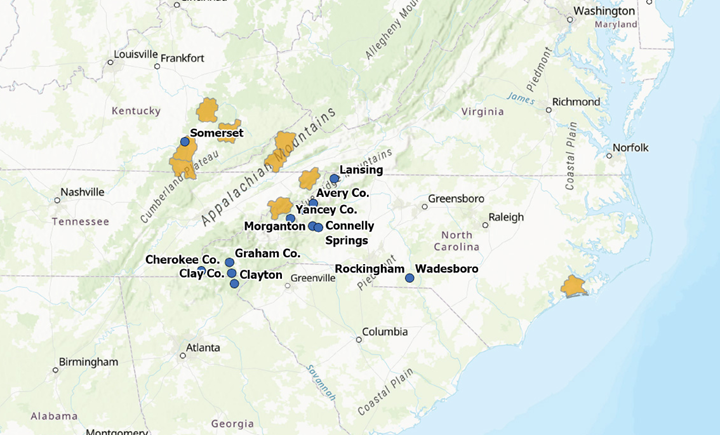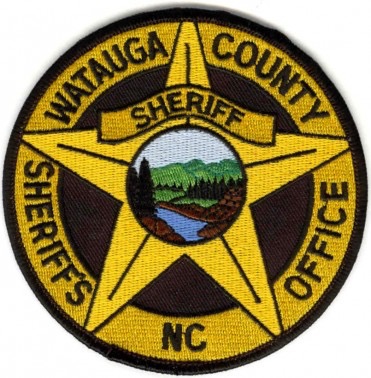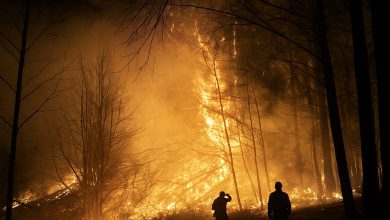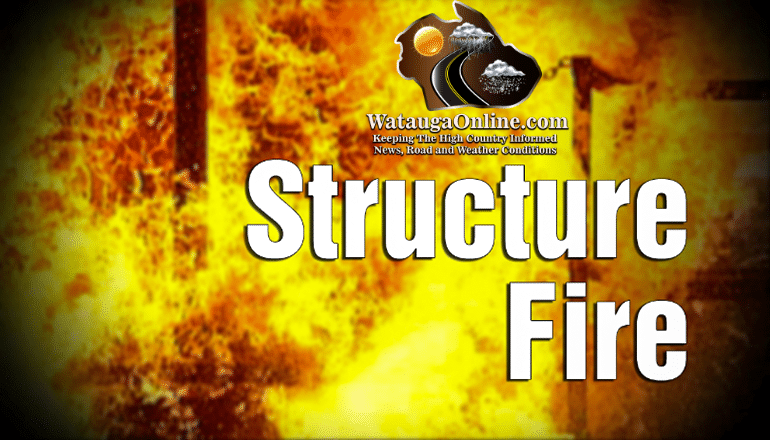
Last Updated on April 12, 2023 7:06 pm
ASHEVILLE, NC, April 3, 2023 — Agriculture Secretary Tom Vilsack recently announced the USDA Forest Service is investing nearly $1.4 million in wildfire protection projects across the state as part of the Community Wildfire Defense Grant (CWDG) program.
The CWDG program is designed to assist communities, including tribal communities, non-profit organizations, state forestry agencies and Alaska Native corporations with planning for and mitigating wildfire risks on tribal, state, and privately managed land.
This funding, made possible by the Bipartisan Infrastructure Law, is a crucial investment to help communities confront the wildfire crisis and reduce wildfire risk on non-federal land. Proposals underwent a competitive selection process that included review panels made up of tribal representatives and state forestry agencies. Guidelines within the law prioritized at-risk communities that have been impacted by a severe disaster, are at a high or very high potential for wildfire hazard and are classified as low income.
“Projects were selected using a collaborative, inclusive process that engaged tribes and state forestry agencies,” said Forest Service Chief Randy Moore. “All projects include at least two of the primary selection criteria mandated in the legislation. And in all cases, these projects are taking critical steps to protect homes, property, businesses, and people’s lives from catastrophic wildfires.”
Projects funded in North Carolina include:
- Resource Conservation and Development, Update Community Wildfire Protection Plans in Anson, Avery, Burke, Lower Burke (Carolina Land and Lakes), and Richmond Counties: $743,600 is being invested in Resource Conservation and Development and to create or update 38 CWPPs across four counties.
- Update Community Wildfire Protection Plans for Cherokee, Clay, Graham, Mitchell, Yancey Counties as well as the Lansing Community in Ashe County: $648,685 is being invested to update 27 CWPPs across six counties.
This map shows projects funded in North Carolina.

“Through collaboration with the North Carolina Forest Service and local counties, these grants will help develop resilient communities,” said Forest Supervisor James Melonas, National Forests in North Carolina. “We look forward to this great opportunity to work across boundaries to reduce wildfire risk in western North Carolina.”
“North Carolina’s growing population will continue to bring challenges for firefighters and residents, especially in our wildland urban interface,” said David Lane, state forester for the N.C. Forest Service. “The updated North Carolina Forest Action Plan places emphasis on encouraging the preparation and implementation of CWPPs. These plans bring together all wildland fire partners in a district, strengthening firefighting capacity and response.”
This initial round of investments will assist communities in developing Community Wildfire Protection Plans, key roadmaps for addressing wildfire risks locally, and fund immediate actions to lower the risk of wildfire on non-federal land for communities where a Community Wildfire Protection Plan is already in place.
“The Community Wildfire Defense Grant program will invest in key actions to mitigate wildfire risks on tribal, state, and private land,” said Ken Arney, regional forester for the Southern Region. “The work carried out on these lands will complement mitigation efforts on national forests and grasslands, and ensure we are doing work in the right places and at the appropriate scale.”
The U.S. Forest Service will announce another round of funding later in 2023, and additional communities will be able to apply. The number of selected proposals in future rounds will depend on available funding.
Along with establishing the Community Wildfire Defense Grant program, the Bipartisan Infrastructure Law provides an historic $3.5 billion investment in wildfire management through a suite of programs aimed at reducing wildfire risks, detecting wildfires, instituting firefighter workforce reforms and increasing pay for federal wildland firefighters.
This announcement comes on the heels of the president’s fiscal year 2024 budget, which proposes a permanent pay solution for wildland firefighters, increased capacity for mental and physical health services, and funds for housing repair, renovation, and construction.
More information about the funded proposals, as well as announcements about the grant program, is available on the Community Wildfire Defense Grants website.



















